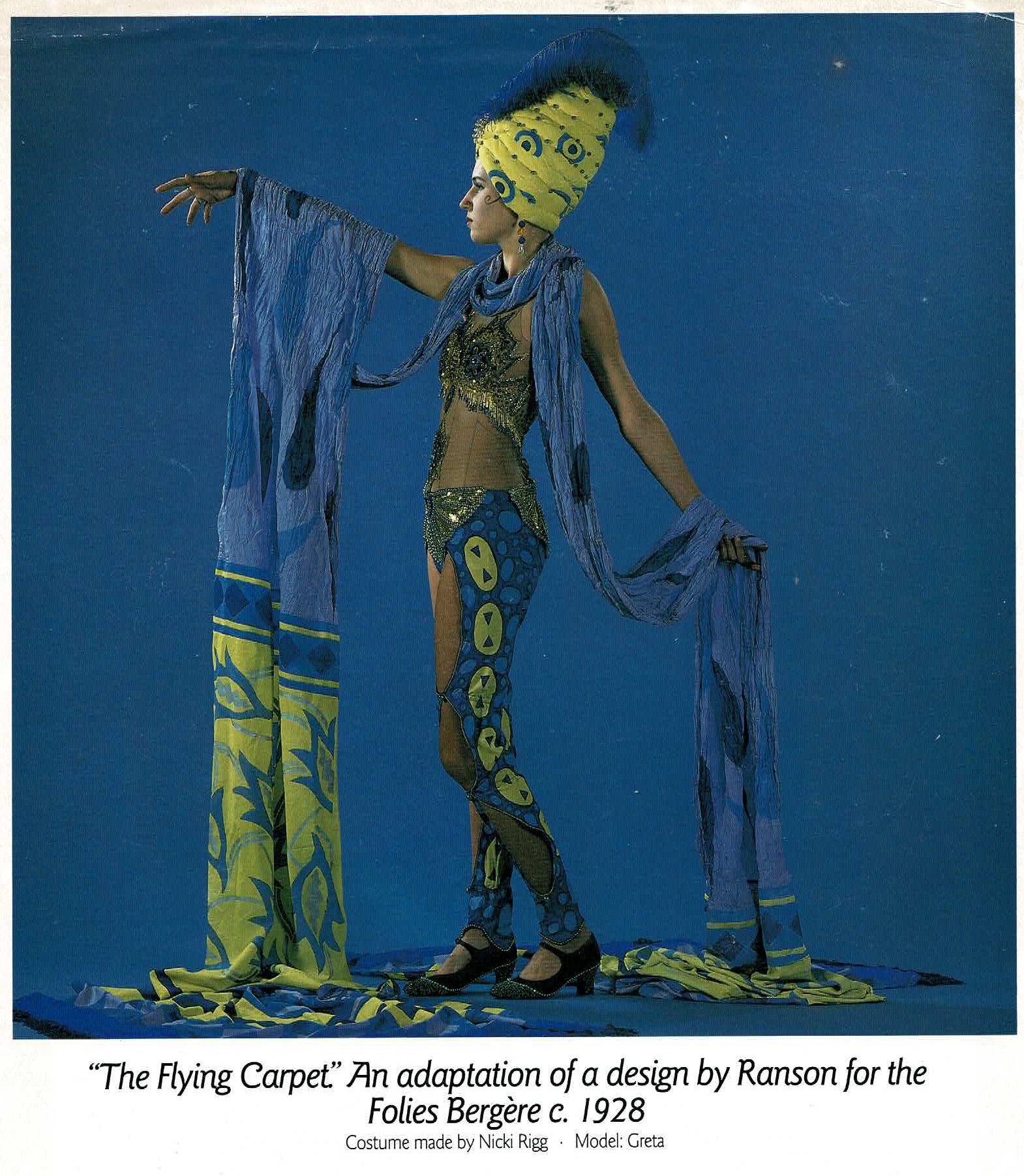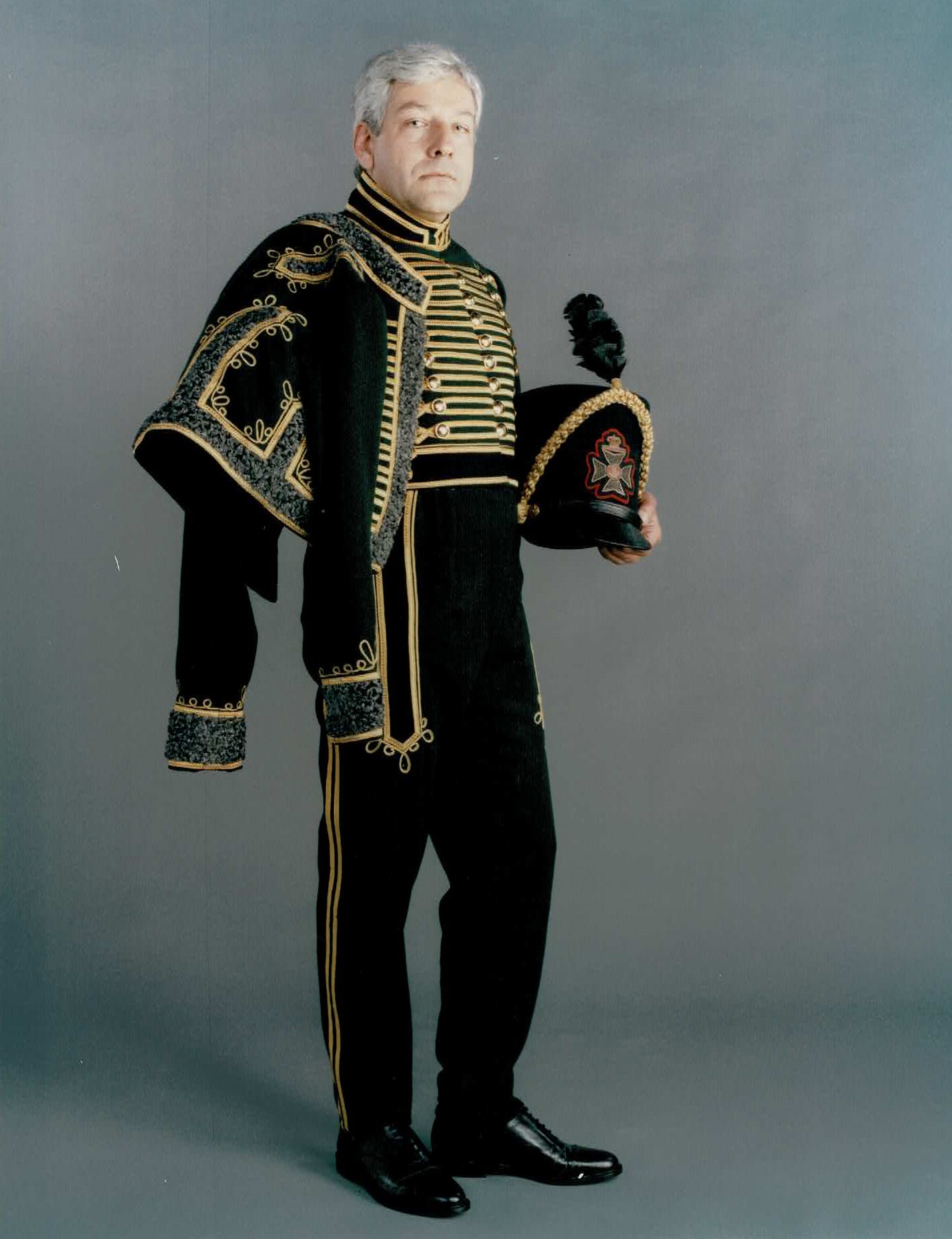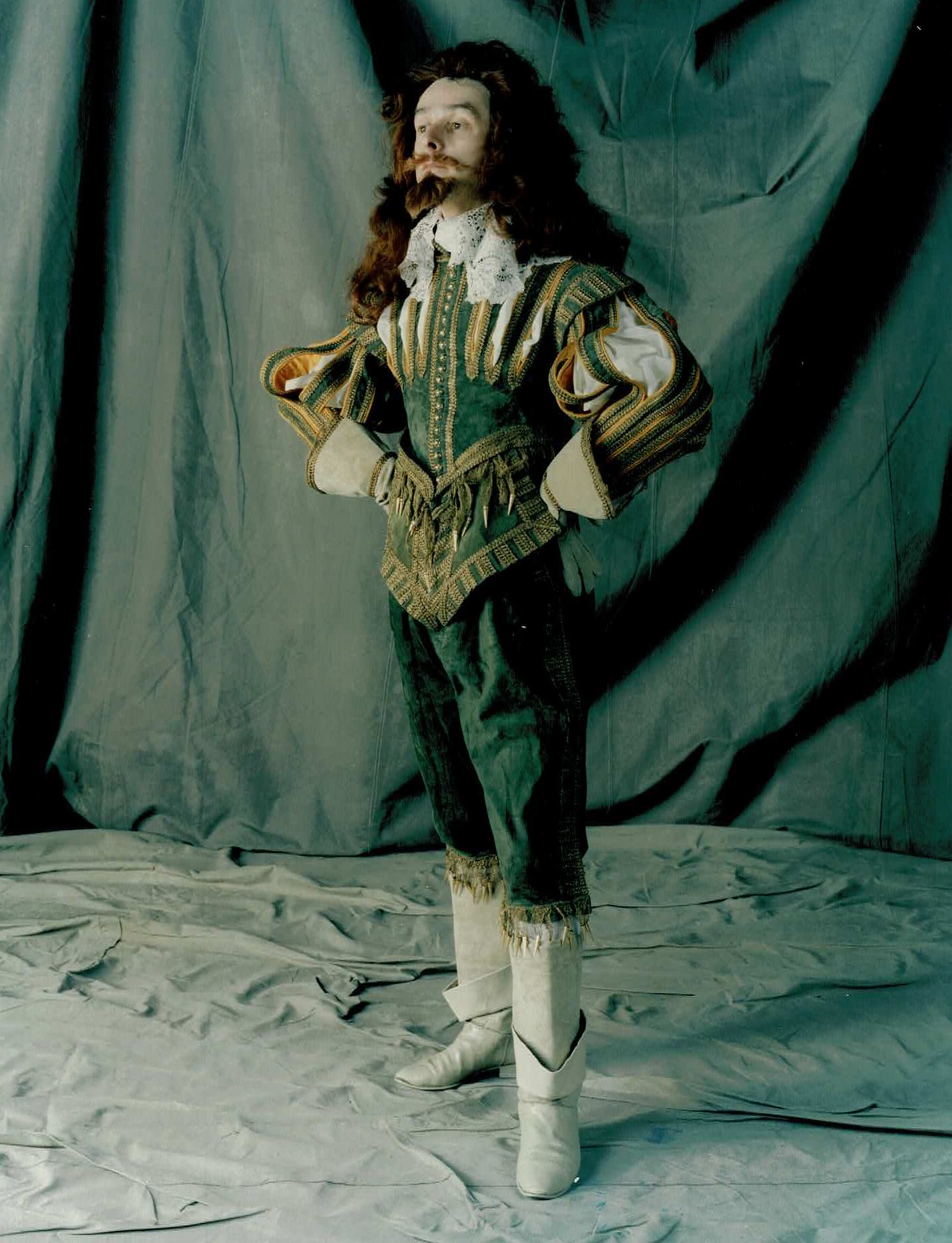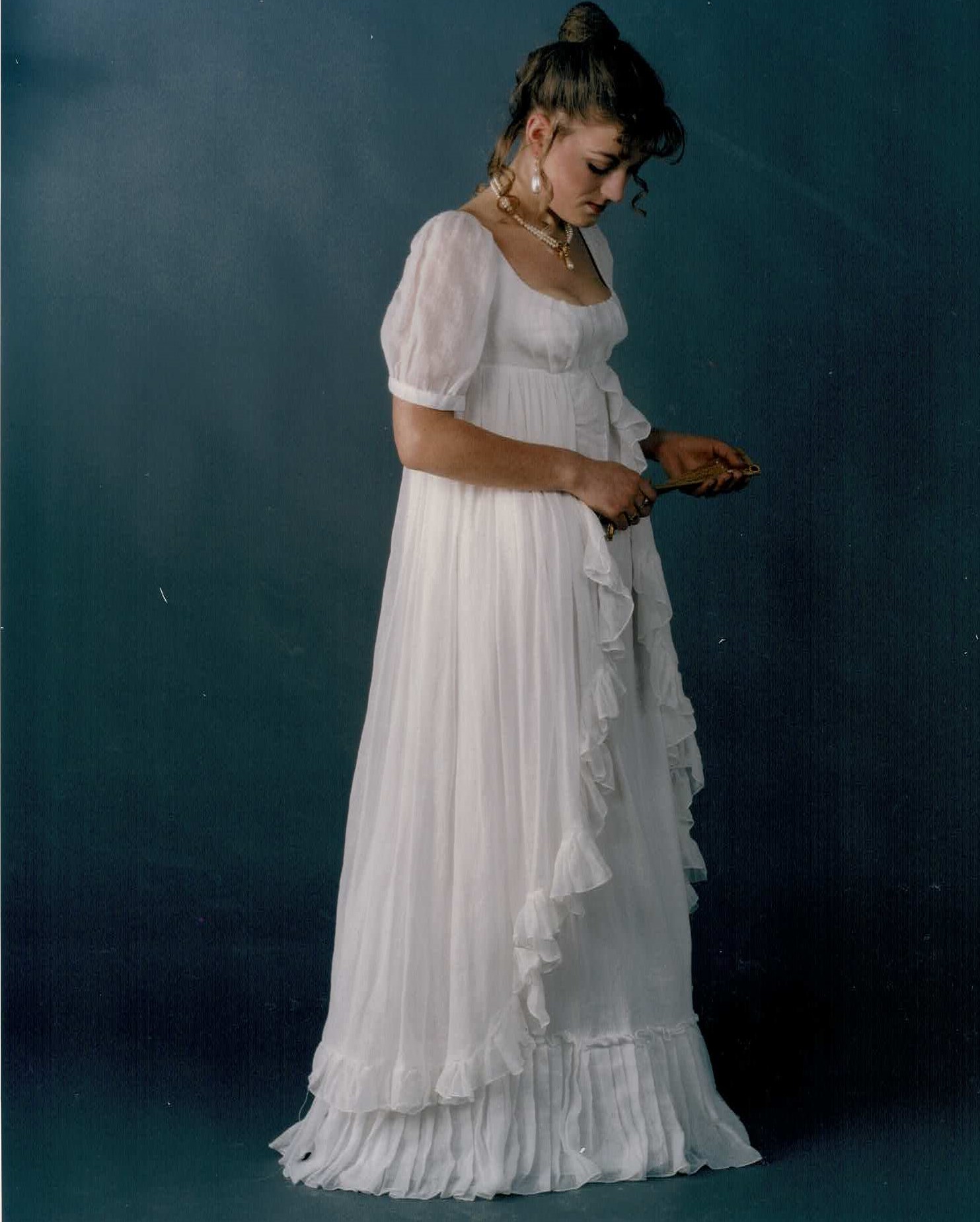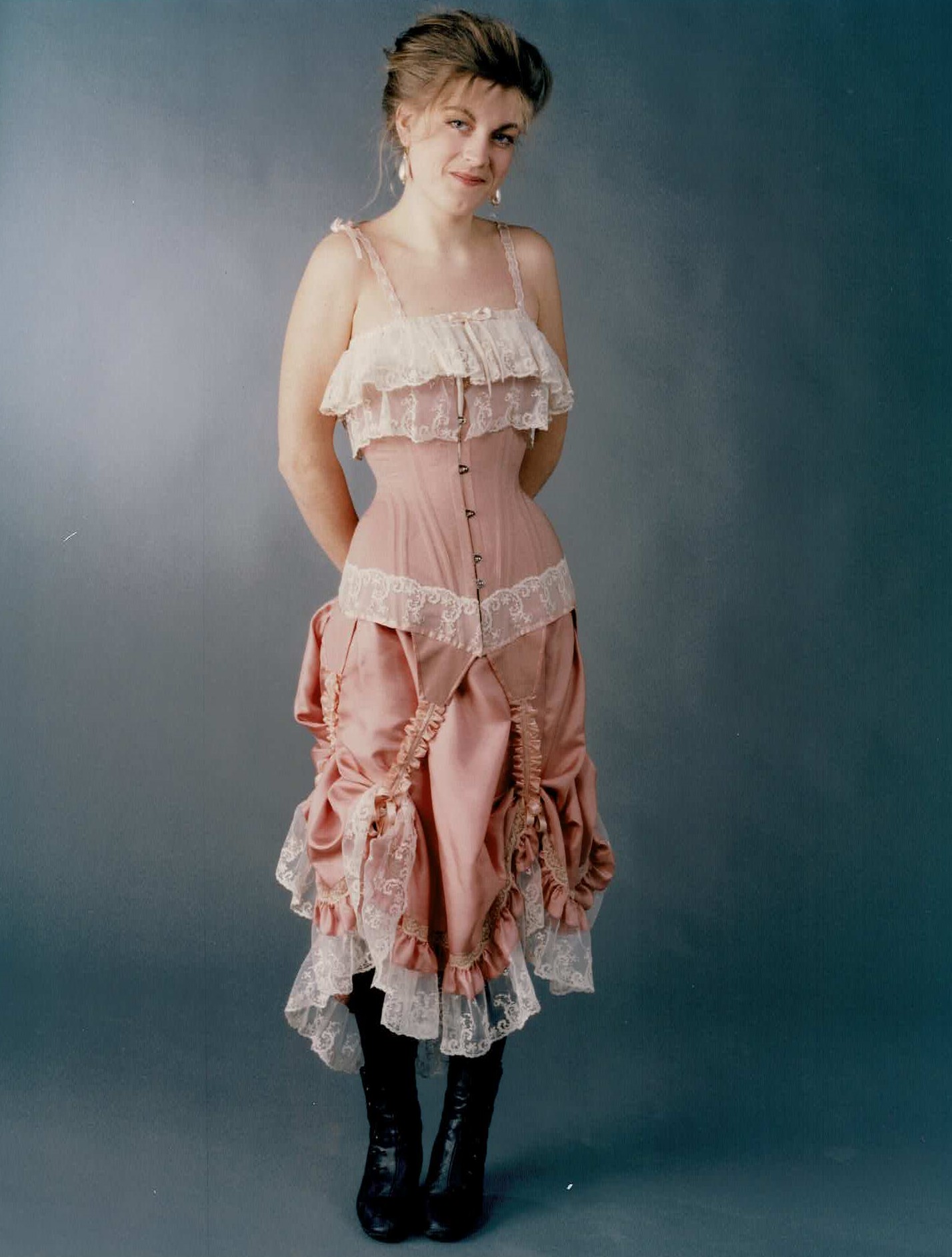Across the Decades: Life After Uni with Evelyn Gascoyne and Nicola Wheeler
Nicki at the studio.
In the fourth installment of our series of MA student interviews exploring the exhilarating spirit of learning, awakenings and a rich diversity of routes to the Professional Writing MA and careers in writing, Evelyn Gascoyne interviews Nicola Wheeler about her undergraduate experience in the 80s.
Evelyn: What was your first day at university like?
Nicola: I moved to London in 1986 to go to Wimbledon School of Art to Study Theatre Costume Design. This was a small independent art college that is now part of the University of the Arts London. I was the first person in my family to go to college so was really excited about my first day. My dad had a place at university, but his dad died before he was due to start. As he was the eldest son, he had to work to support his mum and brothers instead. I’d only moved up to London from Torquay a few days before and was in awe of the big city. The college had no halls of residence and I couldn’t afford to live in Wimbledon, so lived in a shared house in Tooting. I had to catch two buses to get to college, whereas in Torquay I’d been able to walk everywhere. Tooting has a big Asian/Indian population, and on my first day, I was the only white person on the bus, and no one spoke English. It was a real eyeopener for someone from a little seaside town.
My course was full-time, which in those days meant full-time. I had lectures and workshops for five days a week from 9am to 5pm.
Some of Nicola’s portfolio at the Wimbledon School of Art.
What was special about Wimbledon?
Going to Wimbledon was a unique experience. Its independence allowed for a great sense of creativity and quirkiness. As well as creative ability, students’ star signs were taken into account at interview, with most students being Taurus or Sagittarius. My lecturer of the History of Costume was also an actor and would turn up at lectures dressed in a Roman toga and laurel leaf crown, or wearing a Georgian embroidered waistcoat, frock coat, britches and cravat, and would wear these all day. We also had a lot of guest speakers, usually actors, and because the college was in London, they would often come from a rehearsal or production, in full costume and in character. They were fun times.
With Facebook and internet ads, the experience of finding somewhere to live has changed for students. What was it like for you to find accommodation?
Things were very different then and relied on investigative skills, hours on the telephone and a lot of legwork. I’d saved money to go to London for a few days to stay with a friend of a friend and had to find accommodation in that time. I bought The Evening Standard and Time Out magazine and looked in the small adds for student accommodation. Letting agencies didn’t deal with students. I went through the small adds, adverts consisted of a few lines describing a flat share, the area of London, the price, and whether students were welcome or not. I had to buy the early editions of the paper, as places would have gone by the time I phoned up. I lined up a few places to view, and eventually found a flat to share with two medical students. I was a bit reluctant as the flat was in Tooting, just down the road from Brixton. Brixton at the time was notorious following the Brixton Riots in 1981 and 1985, and coverage of the riots and firebombs had been on the news for weeks. They were a reaction to the recession and high rates of unemployment and racism.
What do you feel are the main differences between going to university in the 80s vs now?
As I said, full time courses were full time. Without computerisation, I think there was less standardisation which gave more scope for creativity in course/module content. Today’s courses seem more formulaic in content, with a lot of hoop jumping to meet criteria.
Education was free, as all tuition fees were paid by the Government and I received a full maintenance grant which covered most of my housing and living costs. I also got a grant for materials. In addition, students could sign on to get benefits over the summer break.
I think studying is much harder now because there are no grants, so students have to work as well as study, which increases pressure. I studied hard but didn’t have that pressure of having to earn money to live. Accommodation was dreadful as there were fewer regulations and unscrupulous landlords, but I was able to just concentrate on my studies.
Are there many differences between university life in Wimbledon and university life here in Falmouth?
In some ways, Woodlane Campus and Wimbledon campus are very similar, but Wimbledon is flatter! Wimbledon was a similar size, maybe a bit smaller, with courses including theatre arts, acting, stage and prop design, costume design, fine art and sculpture. A lot of the courses worked collaboratively on shared projects and productions. All courses stopped for lunch at the same time, and everyone ate in the small canteen together, so most people knew each other. It was an intimate and friendly experience. We also had the same tutors all the way through. The difference today is that there is less contact time and more self-directed study. Nothing was computerised and all assignments were handwritten, with no such thing as word counts. A lot of time was spent in the library researching from books and journals, and no internet.
University in Context
The 80s were a political era, what was it like being a student in the capital at that time?
Each generation has its own political issues. I grew up in the 1970’s, a very political time, with the miners strikes, and the three-day working week. Factories had to close as there was no electricity to power them. Then in 1981, the Greenham Common Peace Camp was established by women protesting for nuclear disarmament.
I grew up with protests and marches and joined in with peace marches in support of CND, Save the Whale, and Greenpeace campaigns. This was a time of recession, and political unrest such as the IRA bombings and Brixton Riots. So living in London was great because I had access to endless marches and campaigns. The college encouraged us to attend marches, particularly those to protest the changes by Margaret Thatcher for students to pay for their education. So I campaigned to help students of the future. I think it’s awful that students have to pay for their education, saddling them with debts for 30 years. It puts graduates at a huge disadvantage.
Pick a song to define the times.
Racism was rife in the 70’s and 80’s, and I was very influenced by Rock Against Racism in response to the racism and racist views and comments by musicians at the time such as Eric Clapton and David Bowie, a movement developed to combat this by pairing black and white musicians together. There was also much more live music at that time, and I went to loads of gigs where punk or heavy metal bands would play alongside reggae bands. So I have a great love of reggae, ska and hip hop which stemmed from this time. I can’t narrow it down to just one song, but some of my favourites are Don’t Worry, Be Happy by Bobby McFerrin, Fight for Your Right by the Beastie Boys, and Run DMC and Aerosmith’s Walk This Way. I went to the Free Nelson Mandela concert at Wembley Stadium which was huge at the time.
As a psychotherapist, what do you think of the way universities are run now for both students and lecturers?
There was no student welfare service when I went to college. The big difference now is that students have access to amazing student welfare services. With awareness growing about the needs of mental health in general, there is a much needed increase in services for students with mental health problems, and counselling, which is offered for free. A few years ago I was diagnosed with dyslexia and dyspraxia and have been able to link in with learning support services on Woodlane Campus, which have been a tremendous help. I don’t think that enough students fully utilise all of these services available to them.
What brought you to this course?
As well as working full time, I had been a carer for many years. I needed a change and to do something completely different. I had always had an interest in creative writing but found academic study difficult so didn’t have the confidence previously to attempt such a course. However, once I found out I had dyslexia and dyspraxia, I was able to apply for Disabled Students Allowance which gave me technical and practical support, which has been a real help with my studies.
What book defines your time at university?
Stephen King was huge, I read It and Misery. Anne Rice’s Queen of the Damned, and Weaveworld by Clive Barker.
by Evelyn Gascoyne and Nicola Wheeler



